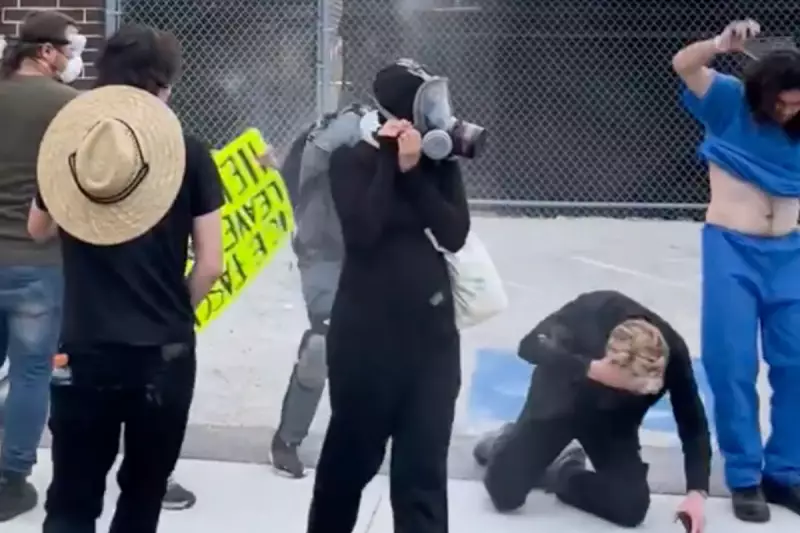
In a disturbing case of mistaken identity that has sent shockwaves through Chicago's religious community, a prominent local pastor was violently detained by Immigration and Customs Enforcement (ICE) agents who wrongly suspected him of being an undocumented immigrant.
The Day Everything Changed
Reverend David Black, a well-respected figure in Chicago's faith community, was going about his normal duties when his life was suddenly turned upside down. "They treated me like a criminal," Black recounted in an emotional interview, describing how armed ICE agents surrounded him outside his church.
The pastor, who has served his community for over two decades, found himself handcuffed and subjected to aggressive questioning despite repeatedly identifying himself as both an American citizen and a religious leader.
A Pattern of Aggressive Enforcement
This incident occurred during the Trump administration's controversial crackdown on immigration, which saw a significant increase in workplace raids and community enforcement actions. Black's experience highlights what civil rights advocates have long warned about - the potential for racial profiling and mistaken identity in aggressive immigration enforcement strategies.
"When they finally realized their mistake, there was no apology, no explanation," Black revealed. "They just walked away as if nothing had happened."
Community Backlash and Wider Implications
The incident has sparked outrage among Chicago's faith leaders and immigration advocates, who see it as symptomatic of broader problems within immigration enforcement. Many are now calling for increased accountability and reform within ICE operations.
Key concerns raised by the case include:
- Lack of proper identification protocols during enforcement actions
- Insufficient training for agents conducting community operations
- The psychological impact of such encounters on citizens and residents
- Erosion of trust between law enforcement and minority communities
As Black reflects on his traumatic experience, he emphasizes that his story is just one of many. "If this can happen to me, a pastor with deep community ties, what does that mean for others who lack the same resources and support?"
The case continues to raise important questions about the balance between immigration enforcement and civil liberties in modern America.





